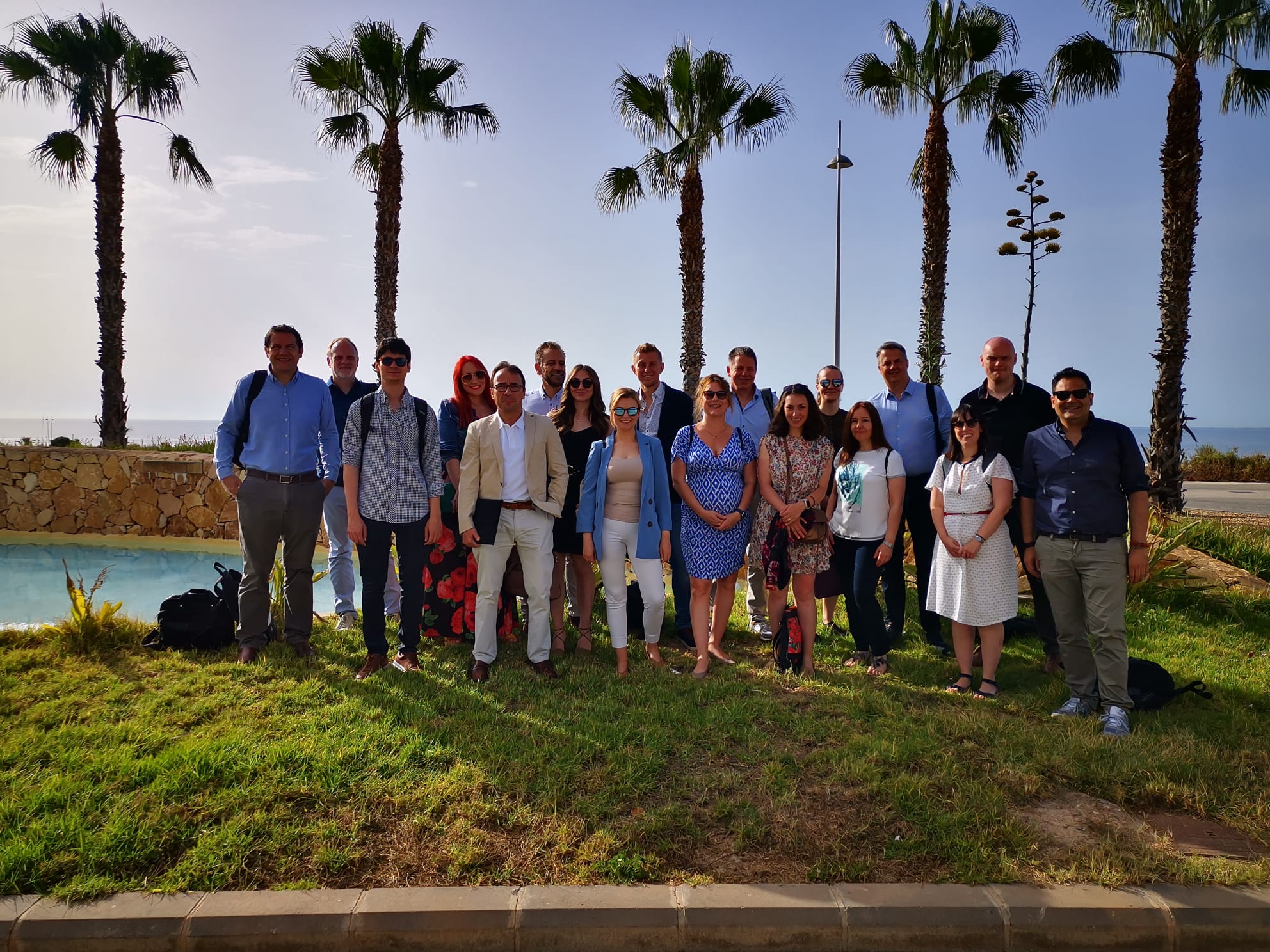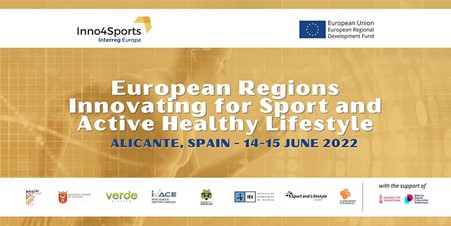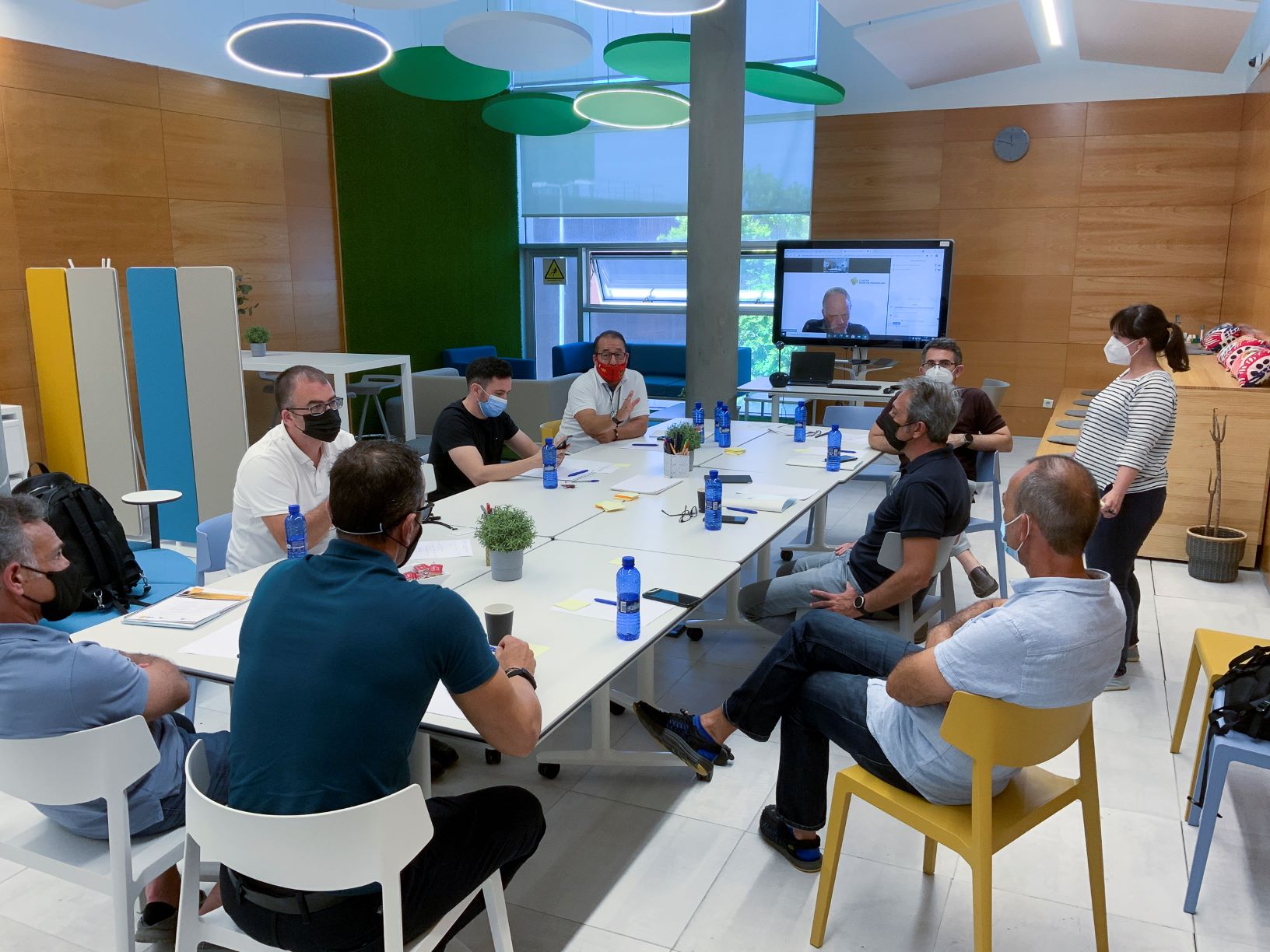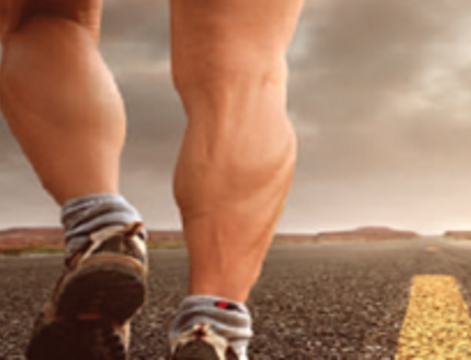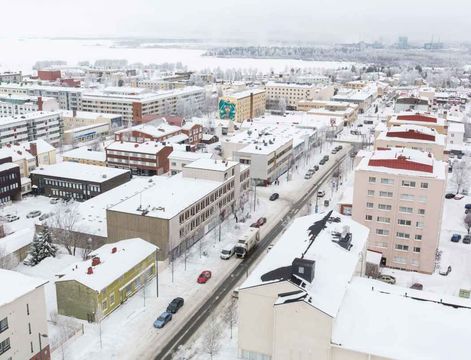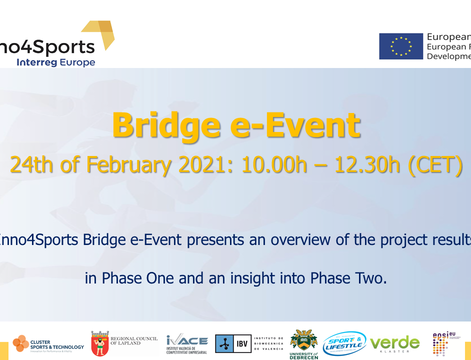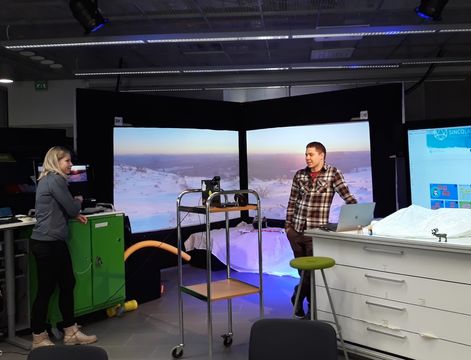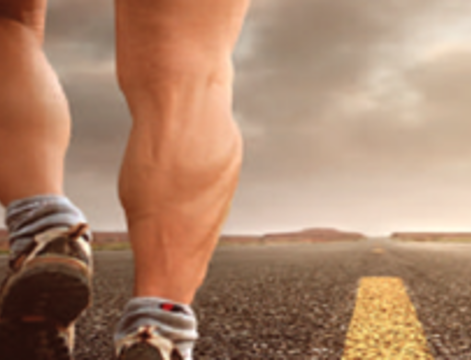Arctic Sport Network The first day focused on understanding Lapland’s sport ecosystem. Partners in Lapland are building the Arctic Sport Network, which brings together actors from public administration, educational organisations, businesses and civil sector. Arctic Sport promotes the objectives based on Lapland Sport Strategy, regional strategy and smart specialisation since its sport ecosystem is strongly based on tourism activities and nature sports, and there is strong expertise especially in winter sports and maintaining snow facilities. However, traditional sports should not be overlooked since Lapland’s largest sport club is a football club and the other 350 sports clubs represent variety of sports. The Arctic Sport Network model appears interesting, but how replicable is the model in other regions? Lapland’s small size and organisational structure makes quadruple helix cooperation easy, but it needs more research to implement similar model in other regions.
Sustainability and co-creation in developing sports tourism The two days in Pyhä had a focus on sports tourism, and the participants found useful the sustainability aspects of sport. Presentations from local businesses, Jusu Toivonen, the manager of Pyhätunturi Ski Resort and Artturi Kröger the co-founder of Bliss Adventure were given. Sustainable development is in the core of the activities for both businesses, especially next to Pyhä-Luosto National Park. For example, Pyhä Ski Resort has managed to reduce its greenhouse gas emissions by 80% since 2000 and become carbon neutral by compensating their emissions. Other aspects of sustainability were taken into account: respecting the local culture and livelihoods, employing local people and paying taxes to local municipality Pelkosenniemi are few of the choices behind these business activities. Pelkosenniemi municipality is the smallest one in Lapland with less than 1000 inhabitants. There is strong collaboration and co-creation activities between the local actors. Bliss Adventure was the first business to offer mountain bike tours inside the national park after being granted a permission from Metsähallitus, the organisation managing the national parks. Later, mountain biking routes have been opened making the park open for other cyclists as well. Local ERDF-funds and investment supports have helped the businesses to develop their activities and infrastructure.
Education and research organisations supporting sport expertise Heikki Hannola introduced Lapland University of Applied Sciences, one of five organisations in Finland providing higher education in sports and an important actor in sports development. In particular, this offers the Dual Career model to help athletes to combine training and studies. Besides, Lapland UAS has a role in regional development and it collaborates with local businesses in research, development and innovation activities. The University of Lapland also provides expertise to local actors, so Samuel Ahola, project manager from Faculty of Arts and Design, introduced us to service design and its possibilities in developing sport services. The third day of the meeting was held in Rovaniemi where we had the chance to visit Santasport Lapland Sports Academy and to hear how the sports academy combines educational organisations in the region and gives training services for local athletes, residents and visitors. The sport actions of City of Rovaniemi were presented as this is developing Ounasvaara area for the use of local residents, professional athletes and tourists. City of Kemi has developed a model, where schools hire personal trainers to motivate pupils to exercise. The visit ended in Lappset Ltd, Lapland’s most known businesses which sells equipment for playgrounds, parks and outdoor gyms worldwide.
First steps taken for the action plans An action plan for improving regional activities to support business in sport was discussed as partners works in the formation of action plans together with local stakeholders and by including learnt good practises from partner regions within their own region. Managing Authorities of regional development programmes were also invited to bring their views on how Inno4Sports could influence the programmes as there is still a need to appropriately include sport in the regional development priorities to release its full potential.
Strengthening the group spirit Participants experienced Lapland’s nature sports and sports tourism by trekking in the Pyhä-Luosto national park and learning about its recreational possibilities, with the most adventurous participants also spent a night outdoors. The recreational activities were guided by students from Lapland University of Applied Sciences, who also arranged morning exercises to get participants awake and energised. These activities were a chance to promote team-building among partners. The project will continue with Staff Exchange Weeks, and the next project meeting in Lodz in April 2020.


